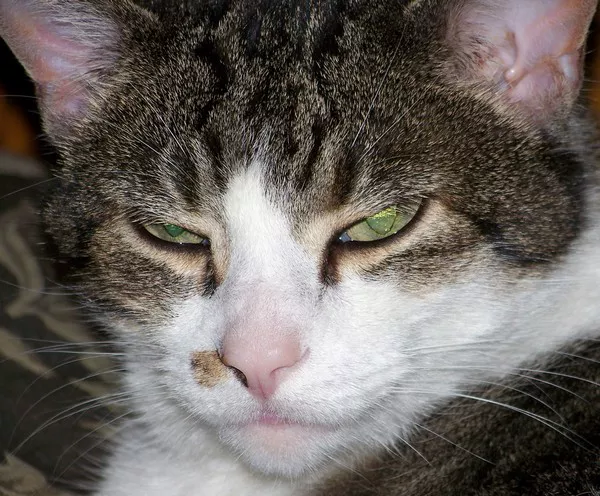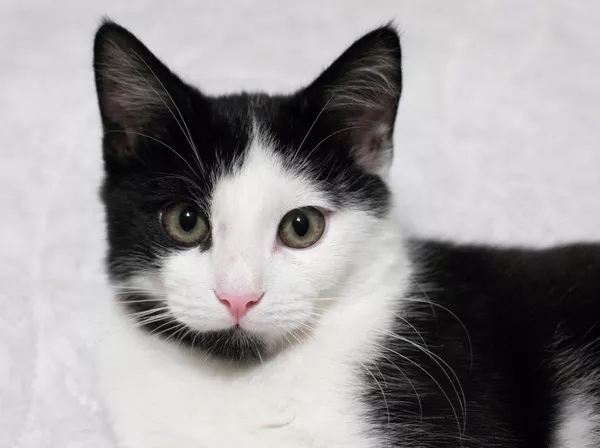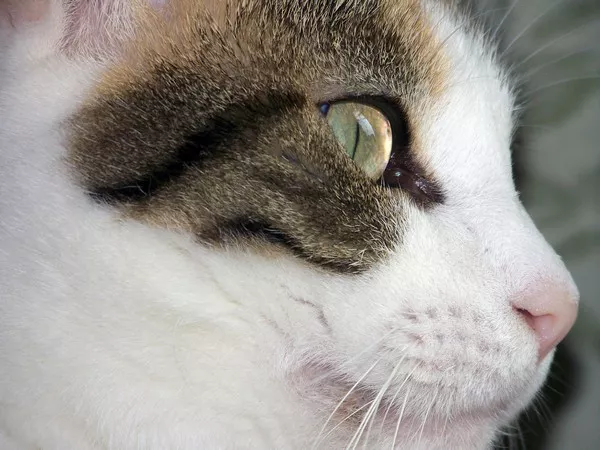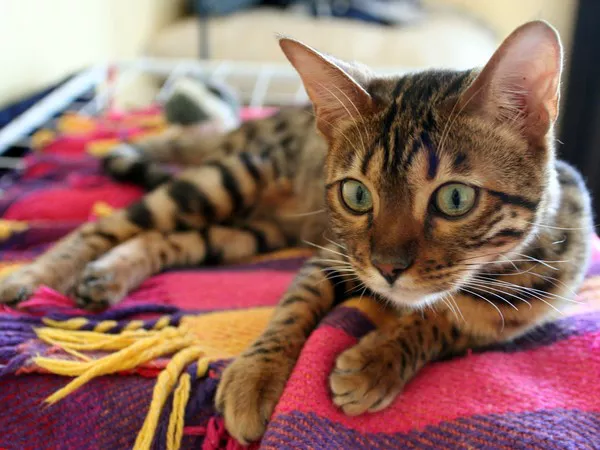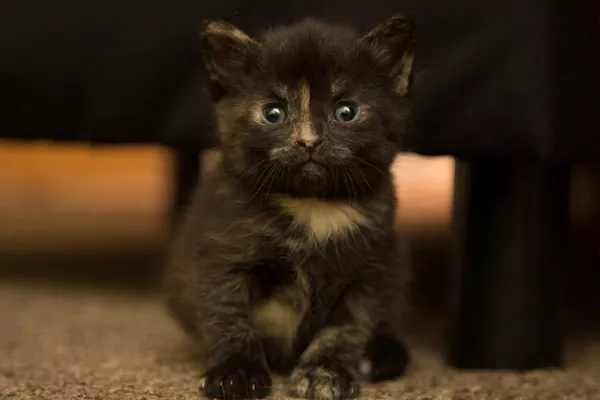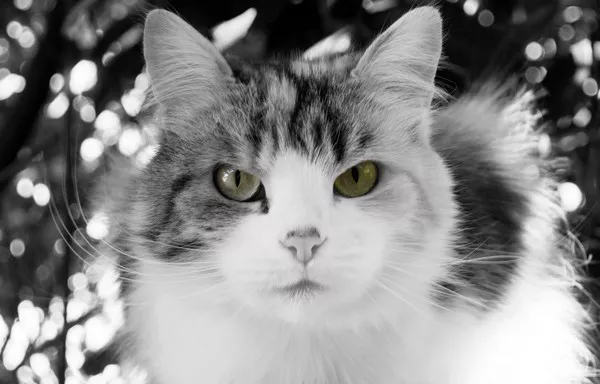The Donskoy cat, also known as the Don Sphynx or Russian Hairless, is a unique and affectionate breed that has gained popularity for its distinctive hairless appearance and engaging personality. While generally considered healthy, Donskoy cats are susceptible to specific health issues primarily due to their genetic makeup and hairlessness. This article explores the various health concerns associated with Donskoy cats, providing a comprehensive understanding for potential owners and enthusiasts.
Genetic Background and Health Implications
The Donskoy breed emerged in Russia in the late 1980s, stemming from a genetic mutation that resulted in hairlessness. This mutation, while giving the breed its characteristic look, also raises concerns about potential health issues. One of the notable genetic conditions associated with the Donskoy is feline ectodermal dysplasia. This disorder can affect the development of teeth and skin, leading to complications such as abnormal dental health and difficulties with lactation in females.
Skin Issues
Due to their lack of fur, Donskoy cats are particularly vulnerable to skin problems. The absence of a protective coat exposes their skin to environmental factors, making them prone to:
1. Sunburn: Donskoy cats have a higher risk of sunburn, especially if they spend time outdoors without protection. Their skin lacks the melanin that provides some degree of natural sun protection, making it essential for owners to apply pet-safe sunscreen or keep them indoors during peak sunlight hours.
2. Skin Infections: The skin of a Donskoy cat can be susceptible to infections, particularly if not cleaned regularly. Owners should establish a routine for wiping down their cats to remove excess oils and dirt, which can accumulate due to their hairlessness.
3. Temperature Sensitivity: Donskoys are sensitive to temperature extremes. They can easily become chilled in cold weather or overheated in hot conditions. Providing a stable and comfortable environment is crucial to prevent stress on their skin and overall health.
Dental Health Concerns
Dental issues are another significant health concern for Donskoy cats. They are prone to:
1. Gum Disease: Donskoys often experience gum disease, which can lead to tooth decay and loss. Regular dental care, including brushing their teeth and providing dental treats, is vital to maintaining their oral health.
2. Tooth Decay: The genetic predisposition to dental problems makes it essential for owners to schedule regular veterinary check-ups to monitor their cats’ dental health and address any issues promptly.
See Also: What Are The Best Healthy Cat Foods For Picky Cats?
Respiratory Issues
Donskoy cats may also face respiratory problems, which can be exacerbated by their unique anatomy. Common respiratory issues include:
1. Asthma: This chronic condition causes inflammation in the airways, making it difficult for affected cats to breathe. Symptoms of asthma in Donskoy cats may include coughing, wheezing, and difficulty breathing. Prompt veterinary care is necessary to manage this condition effectively.
2. Upper Respiratory Infections (URIs): Donskoys are susceptible to URIs, which can lead to symptoms such as sneezing, coughing, and nasal discharge. These infections can be highly contagious, so isolating affected cats from others is crucial to prevent spreading.
Allergies
Donskoy cats can develop allergies to various environmental factors, including:
1. Food Allergies: Some Donskoys may experience allergic reactions to specific ingredients in their diet. Identifying and eliminating these allergens is essential for their health.
2. Environmental Allergies: Allergens such as pollen, dust mites, and flea bites can trigger allergic reactions, leading to symptoms like itching, coughing, and skin irritation. Owners should monitor their cats for signs of allergies and consult a veterinarian for appropriate management.
Heart Health
While heart disease is not commonly reported in Donskoy cats, it is still a potential concern. The breed may be predisposed to hypertrophic cardiomyopathy, a condition characterized by the thickening of the heart muscle. Regular veterinary check-ups are essential to monitor heart health and catch any potential issues early.
Preventive Care and Management
To ensure the health and well-being of Donskoy cats, owners should adopt a proactive approach to care. This includes:
1. Regular Veterinary Visits: Routine check-ups are crucial for early detection of health issues. These visits should include dental evaluations, vaccinations, and overall health assessments.
2. Skin Care: Establishing a regular cleaning routine is vital for maintaining skin health. Owners should use damp cloths to wipe down their cats and consider bathing them with gentle, cat-safe shampoos as needed.
3. Dental Hygiene: Incorporating dental care into the cat’s routine is essential. Regular brushing, dental treats, and professional cleanings can help prevent dental diseases.
4. Diet and Nutrition: Providing a balanced diet tailored to the Donskoy’s specific needs is crucial for their overall health. High-quality, protein-rich food should be the foundation of their diet, with careful attention to portion control to prevent obesity.
5. Environmental Considerations: Creating a safe and comfortable living environment is essential for Donskoy cats. This includes providing warm spaces during colder months and ensuring they are protected from direct sunlight to prevent sunburn.
6. Mental and Physical Stimulation: Engaging Donskoy cats in play and interactive activities is vital for their mental health. Providing toys, climbing structures, and regular playtime can prevent boredom and associated behavioral issues.
Conclusion
In summary, while Donskoy cats are generally healthy, they face specific health challenges primarily related to their hairlessness and genetic background. Owners must be aware of potential skin issues, dental health concerns, respiratory problems, allergies, and heart health. By adopting a proactive approach to care, including regular veterinary visits, proper grooming, and a balanced diet, owners can help ensure their Donskoy cats lead happy, healthy lives. Understanding the unique needs of this breed is essential for fostering a strong bond and providing the best possible care for these affectionate companions.
Related Topics


